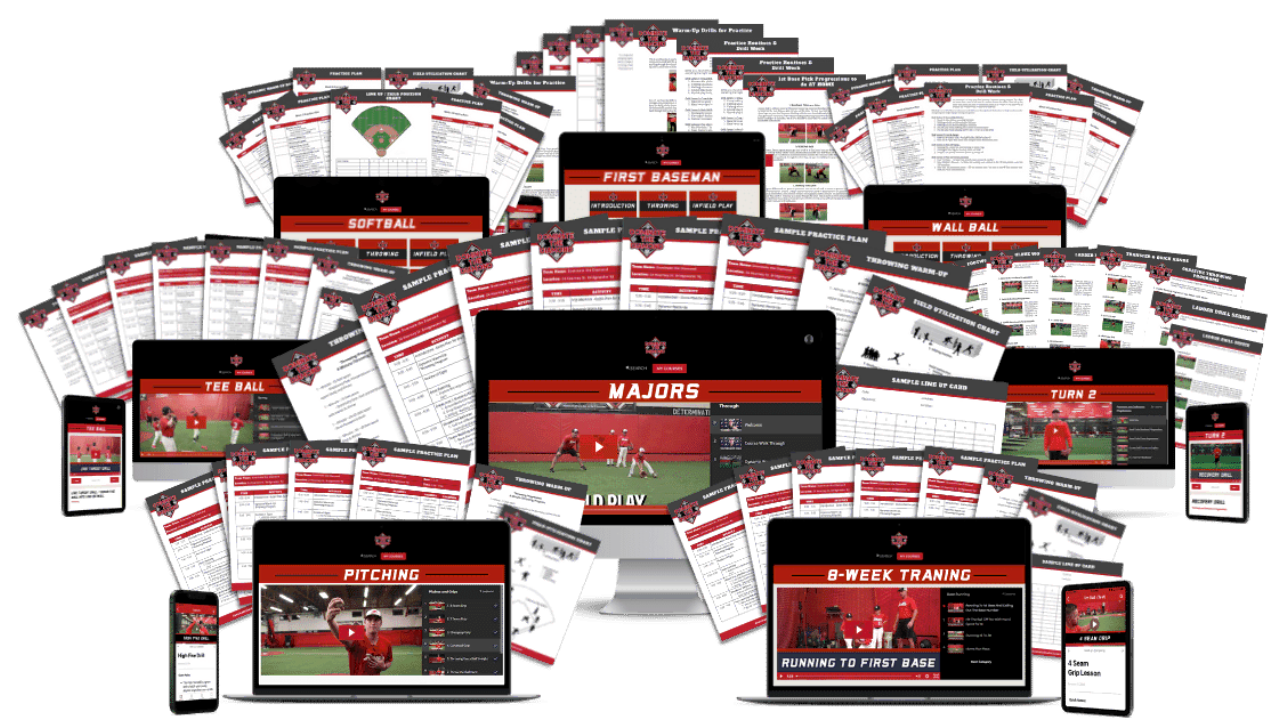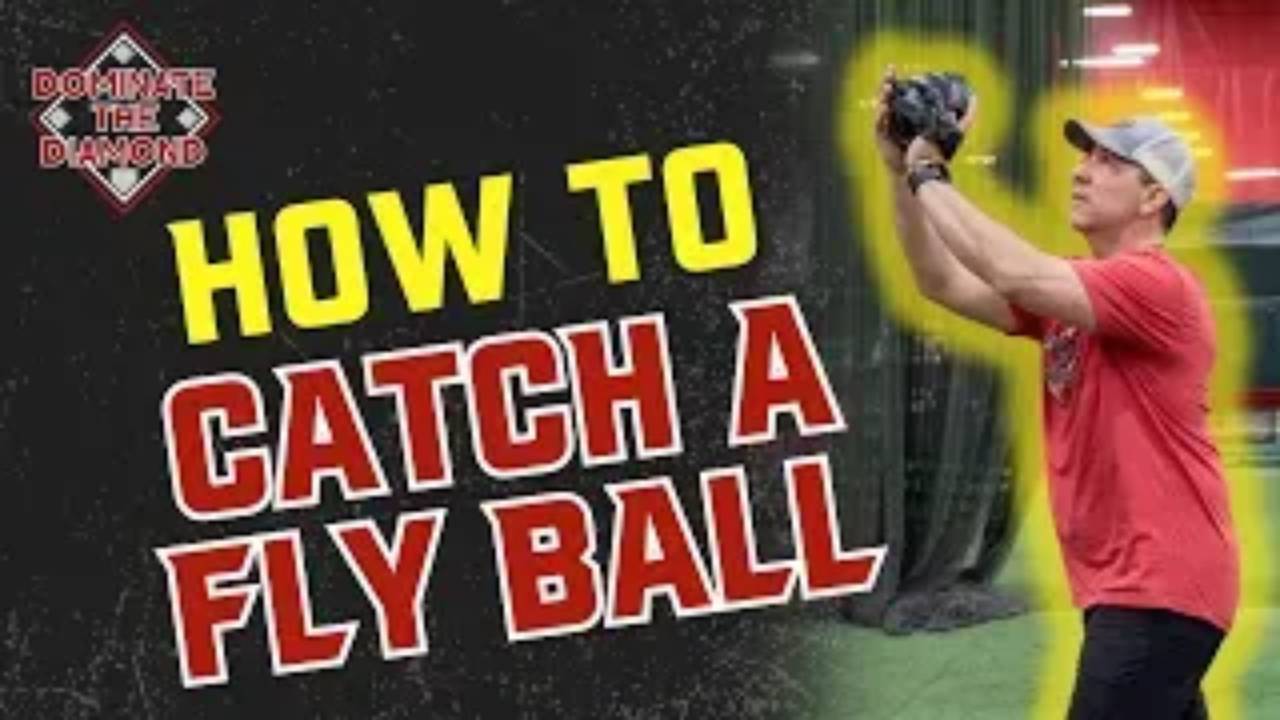How to Teach Your Catchers How to Call Pitches

All right. I got asked a question the other day about when is the appropriate age or time to allow our catchers to call a game. I know this has been hotly contested for a long time. A lot of coaches feel like they put in a lot of time and effort, therefore they should be controlling what pitches are getting called. We may think that sometimes our kids are a little bit too young and they may not understand.
My stance is very simple. I believe that as soon as my players are out there playing, as a coach I want to relinquish the game to them. Especially at a young age. When we're talking eight, nine, 10 years old, that is when our children are doing the most learning. That's when they're learning the game. That's when they're learning how to play the game itself by themselves, without us carrying and holding their hand along with them. The only way to allow a catcher to really know and understand the game of baseball is to allow him to call his own signs.
Now, with that being said, there are going to be many mistakes made. So when those mistakes are made and the wrong pitch is called, or you may not agree with something on the field, as a coach it is becoming our responsibility to pull that player aside, bring him in the dugout and say, "Hey, Johnny," ... we'll use Johnny as an example here ... "Johnny, why were you thinking this pitch XYZ?" He's going to come back with a response.
As the adult in the room, we need to push the child to more really critical thinking where every pitch is being thought about because at the end of the day, that is how detailed the game of baseball is. As soon as we can get our children to start thinking for themselves and playing the game on their own behest, we're going to just see the dividends paying off hugely down in the future. By the time those kids are 13, 14, 15 years old, they will be significantly ahead of the curve. That will come with some growing pains.
This is also really determinant on who you have back there. This is our jobs as coaches is to understand our players, not just as uniforms, but as people as well. Even though they're young kids, they are interested in the game, or maybe they're not interested in the game, but they need to figure that out for themselves as well. As coaches, we provide the structure, but when that game starts and those pitches are being thrown, it's really up to those kids to decide how they want to play the game.
I really think it's absolutely vital for young kids to be calling the game of baseball themselves. At the end of the day, these kids are nine or 10 years old, they're not playing in the World Series and they're not playing in the College World Series, not yet at least. So this is the time for them to make mistakes, to learn and grow and to keep building their passion and desire for the game, because there's nothing better than a kid doing it and having success and it being his own doing rather than following the orders of some coach and not feeling fully connected and fully involved in the outcome. I think that those rewards far outweigh the possible risk of them maybe giving up a double or walking the batter in a certain situation.
For more drills with Coach Brandon check out his Catching Course
👉 Get FREE access to ALL our online training material for 7-days
👉Get FREE access on How to Run the Perfect Baseball Practice







